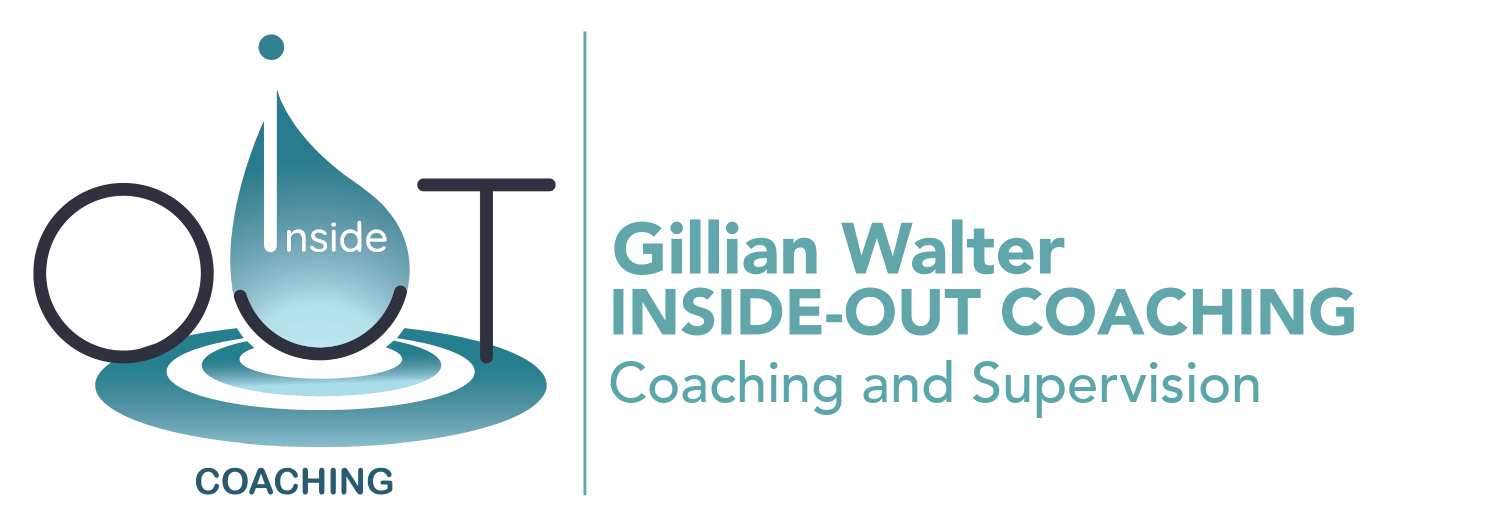
Communicate like a LORD: One small word to give your communication skills a huge boost
I had the most bizarre conversation with someone on the telephone this morning. I miss understood one word at the beginning of a call and it threw the conversation into two very different directions. The result? Embarrassment, apologies and laughter on both sides helped by that fact that we won’t actually meet each other.
It got me thinking about the number of times an underlying coaching issue turns out to be due to miscommunication.
The Oxford Dictionary defines communication as ‘The imparting or exchanging of information’. Simple! So how does exchanging information so often end in complex, emotional and uncomfortable situations?
Communication skills develop from birth in environments constantly affected by the many different and vastly varied elements of our upbringing. Mix these with a lifetime of personal experiences and life lessons and we have created a very individual, complex ‘reality’ filter of assumptions, expectations and perceptions that filter meaning to the words we use. Try asking someone to define one of your core values. Chances are they have a different take on what the word means to them. At any point in any communication, words will be misunderstood at some level and that will have an impact on the original message.
Multiply this misunderstanding by the number of people taking part in the communication, the differences in their upbringing and personal experiences and you have some idea what a minefield communication is. Now consider that the words make up only 7%, the tip of the communication-meaning iceberg, and you have some idea of the complexity of communication. The other 93% hiding below the water-line is made up of assumptions, expectations, intentions, body language, tone, values, feelings, past experiences, ideas, interpretations, beliefs, culture, gender…the list goes on and on.
So, what can you do?
Simply having an awareness of these difficulties helps you enter into any communication more carefully and with the intention of listening for better understanding. You can develop your communication skills by practising my LORDS model to deliver your message as clearly as possible, checking in along the way and understanding in a way that others will hear, feel and appreciate more positively.
Listen Actively
We have a tendency to decide what we are going to say next while someone else is talking. We quickly assume their meaning through our filters and wait for a pause to say our part. Listening actively means listening to really understand what we do not already know while being conscious of our own assumptions trying to fill in the unspoken gaps.
Open Questions
Asking questions to which we don’t know the response to is a great way of supporting active listening. These open questions also make the people we are communicating with feel heard and understood. Ask questions to get as much previously unknown information as possible. E.g. rather than asking, ‘is that okay with you?’ try ‘how do you feel about that?’ Good open questions often begin with ‘how…’ or ‘what…’ but try and avoid ‘why…’ as this little word can give a well-intentioned question a personal and accusatory sting.
Reflect & Reframe
When listening, be consciously aware that you seldom get 100% of that person’s ‘truth’ first time. Using open questions and active listening to take the person’s answer, reframe it and reflect it back to them helps to clarify meaning. For example, say, ‘What I’m understanding is…’ or ‘So, what I’m hearing is…’ to give the other person an opportunity to rephrase or clarify information. Using reframing and reflecting in communication picks up on gaps in information or different assumption filters. Notice how often you say something to someone, especially when you are in a hurry, assuming they have gone through similar thought processes to you beforehand. This is also very powerful in making the other parties feel heard and valued.
Define
Consciously define three key areas in conversations, especially in difficult circumstances:
- What is the intention behind the words?
- Do we have the same definition of the keywords being used?
- What is being assumed/expected but not said?
Summarise
Summarise the key points for yourself out loud when someone has finished explaining something. Ask others to summarise their understanding of what you said. Ask, ‘What else? ‘What’s missing?’ ‘What hasn’t been said yet?’
Mis-communication comes from unconsciously filling in gaps in our understanding with assumptions based on our past experiences. This model uses five simple lenses to view communication from different focus points to offer new perspectives. Use Listening actively and open questions throughout to bring reflection, definition and summary into your communication and notice the difference in how you interact with each other, respect each other and understand the meaning behind the words.
Feel free to share my LORDS model. Imagine what life would be like if we all got a little better at communicating with each other!

